This is considered a turning point to help remove barriers, pave the way for schools to innovate, improve quality and integrate internationally.
Assoc. Prof. Dr. Nguyen Thanh Chuong - Chairman of the University Council of the University of Transport: Creating conditions for higher education institutions to best promote their strengths
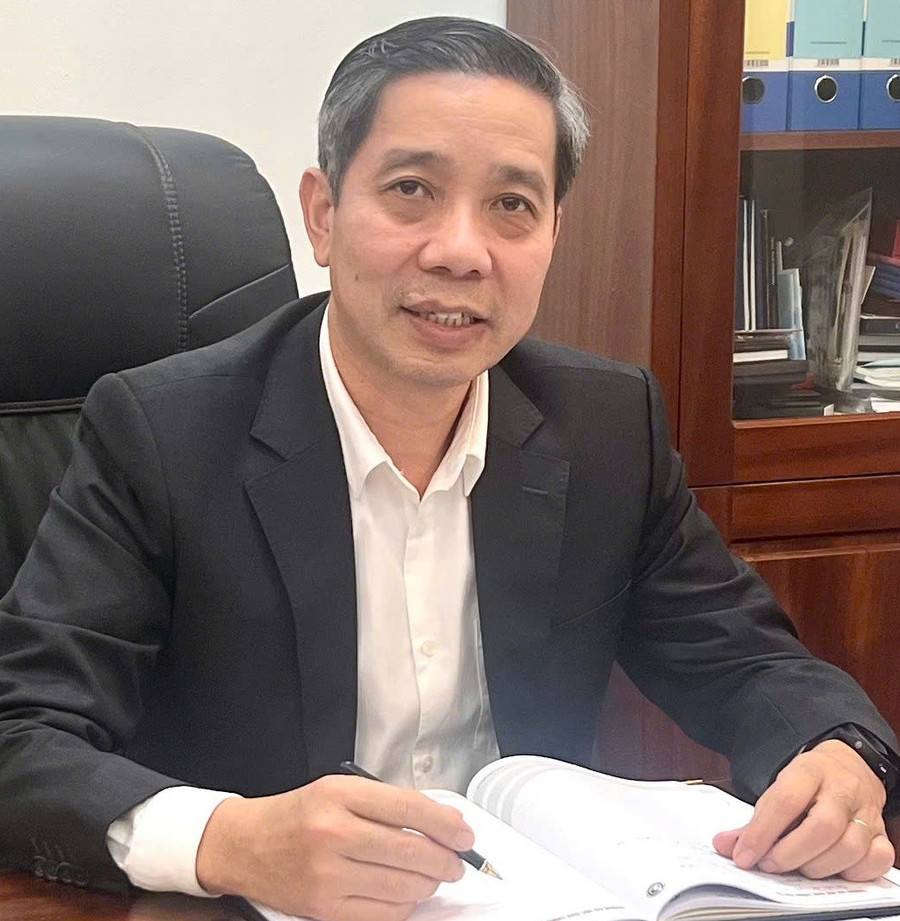
It can be affirmed that Resolution No. 71-NQ/TW of the Politburo is one of the pillars to continue implementing the Party's Resolutions to continue to innovate the country and improve its position in the international arena. One of the notable contents stipulated in Resolution No. 71-NQ/TW is "ensuring full and comprehensive autonomy for higher education institutions and vocational education institutions regardless of the level of financial autonomy".
Currently, autonomy for universities is still at the level of financial autonomy. Investment in higher education is still difficult, and research conditions are limited.
In recent times, the biggest difficulty for schools has been financial resources to meet training requirements. The main source of revenue for schools is tuition fees, which mainly covers training; research and innovation implementation has encountered many difficulties. Innovation centers and research groups have not had many opportunities to work with domestic and foreign organizations and businesses, also due to the limited autonomy of schools.
In that context, the provisions of Resolution No. 71-NQ/TW create conditions for schools to best promote their strengths; combine human resource training with innovation and scientific research; promote the good combination between the State, schools and external research units and enterprises. On the other hand, the new regulations create conditions for scientists to best promote their capacity; schools train high-quality human resources to meet the development requirements of the country.
Currently, the Law on Higher Education is being amended in a concise and clear direction, ensuring that schools can fulfill their missions well. To promote Resolution 71/NQ-TW.
The Law on Higher Education (amended) needs to specify this Resolution, increase autonomy for schools in all aspects; especially create conditions for higher education institutions to be centers of innovation, contributing to the development of science and technology, serving the integration of the country. Along with that, the potential of schools in both training and scientific research should be maximized, thereby mastering technology, leading the country to develop in the new era.
Assoc.Prof.Dr. Tran Thanh Nam - Vice Rector of University of Education, Vietnam National University, Hanoi: New opportunities for development and improvement of university education

The regulation of “full and comprehensive autonomy, independent of financial autonomy” will help both public and private universities remove many barriers that exist in the current mechanism. Specifically, it will help eliminate inequality due to financial constraints.
Previously, the level of autonomy of a public university was often proportional to its ability to ensure regular expenses. Now, when autonomy is no longer dependent on the “pocket”, all schools have equal opportunities in decision-making, encouraging even schools that are not financially autonomous to boldly innovate, improve quality and competitiveness.
In fact, although university autonomy has been stipulated in the Law, it has not been fully implemented. Many other legal regulations (on public service units, budget management, civil servants, etc.) overlap, causing public schools to be limited in their autonomy in terms of organization, personnel, finance, assets, etc. if they cannot "take care of" all their own expenses.
Each institution must develop an “autonomy project” to submit to higher authorities for approval of the content of autonomy, leading to complicated and inflexible procedures. With Resolution No. 71-NQ/TW, the new principle is that all schools naturally have the right to full autonomy, and regulations will be revised synchronously to remove obstacles caused by old regulations. This helps university autonomy become more substantial and complete instead of just nominal autonomy.
Previously, many areas such as training cooperation, especially in high technology, faced barriers due to lack of mechanisms (for example, lack of public-private partnership policies, mechanisms for approving foreign joint projects).
Now, comprehensive autonomy allows schools to remove these “bottlenecks” to make the most of domestic and foreign resources to serve school development. Schools have the right to open new training majors, adjust programs and teaching methods according to practical needs, or cooperate with businesses and international partners in research and training in a more flexible manner.
With the new viewpoint of autonomy does not mean completely cutting off support, the State will switch to a mechanism of ordering educational services, allocating budget according to tasks; at the same time supporting schools indirectly through learners (scholarships, preferential credits) instead of subsidizing based on input... This approach helps universities have "more complete and deeper" autonomy and feel secure in planning development strategies, investing in training quality without having to worry about budget cuts.
This is truly a timely breath of fresh air to reform higher education, helping educational institutions focus their intellectual resources on professional tasks, thereby creating the premise for the next breakthrough developments.
Ensuring full and comprehensive autonomy not only solves immediate difficulties but also brings long-term opportunities to improve Vietnam's higher education. Accordingly, when "untied" by the mechanism, each university has a stronger motivation to improve quality to affirm its reputation in a competitive environment. Autonomy allows schools to innovate programs according to international standards, quickly update new technology and knowledge, from which students benefit by learning knowledge and skills that are close to practical requirements.
Comprehensive autonomy in personnel and finance helps schools be more flexible in attracting good lecturers and scientists. Resolution 71/NQ-TW allows schools to decide on the recruitment and appointment of lecturers and managers, including foreigners - something that was previously difficult to do due to procedural barriers. Thanks to that, schools can invite leading experts and international professors to work and improve the qualifications of their staff.
At the same time, with autonomy, the school can proactively build an attractive salary and benefits regime based on work efficiency, thereby retaining talented people and creating a healthy competitive working environment. The quality of teaching and research will therefore be significantly improved.
When the decision-making power is in their hands, each school will strive to promote its own advantages to rise up. Autonomy coupled with accountability forces schools to be more proactive and creative in governance and operations, forming a culture of self-responsibility. Innovative university models and new-generation technological universities will also be encouraged to form as proposed in Resolution No. 71-NQ/TW. The entire system therefore enters a new stage of development, moving from "movement" to "breakthrough" as expected by society.
Granting comprehensive autonomy is considered a prerequisite for Vietnamese universities to make a breakthrough in international rankings in the long term. The State currently sets a target of having at least 8 universities in the top 200 in Asia by 2030, 1 university in the top 100 in the world in some fields, and 5 universities in the top 100 in the world by 2045. To achieve these ambitious milestones, universities need more space to develop and autonomy to focus resources on their key training and research areas.
International practice shows that many leading universities have taken off thanks to high autonomy. With the new policy, Vietnamese universities have similar opportunities to deeply integrate, establish international links, improve rankings and attract international students, thereby affirming their position in the international arena.
In general, comprehensive university autonomy is considered by many experts as “contract 10” in higher education - a real reform that helps free up resources, creating a strong breakthrough for schools to develop. Higher education institutions that know how to make good use of autonomy and accompanying preferential policies will certainly have many opportunities to rise.
Of course, opportunities always come with challenges. Autonomy requires schools to improve their university governance capacity, digital transformation, transparency and efficiency to meet the trust of society. However, with the determination to innovate at the macro level, it can be believed that comprehensive autonomy will create long-term momentum for the country's higher education to take off in the coming decades.
Dr. Pham Kim Thu - Principal of Friendship College (Nghe An): Perfecting the legal system helps schools promote comprehensive autonomy
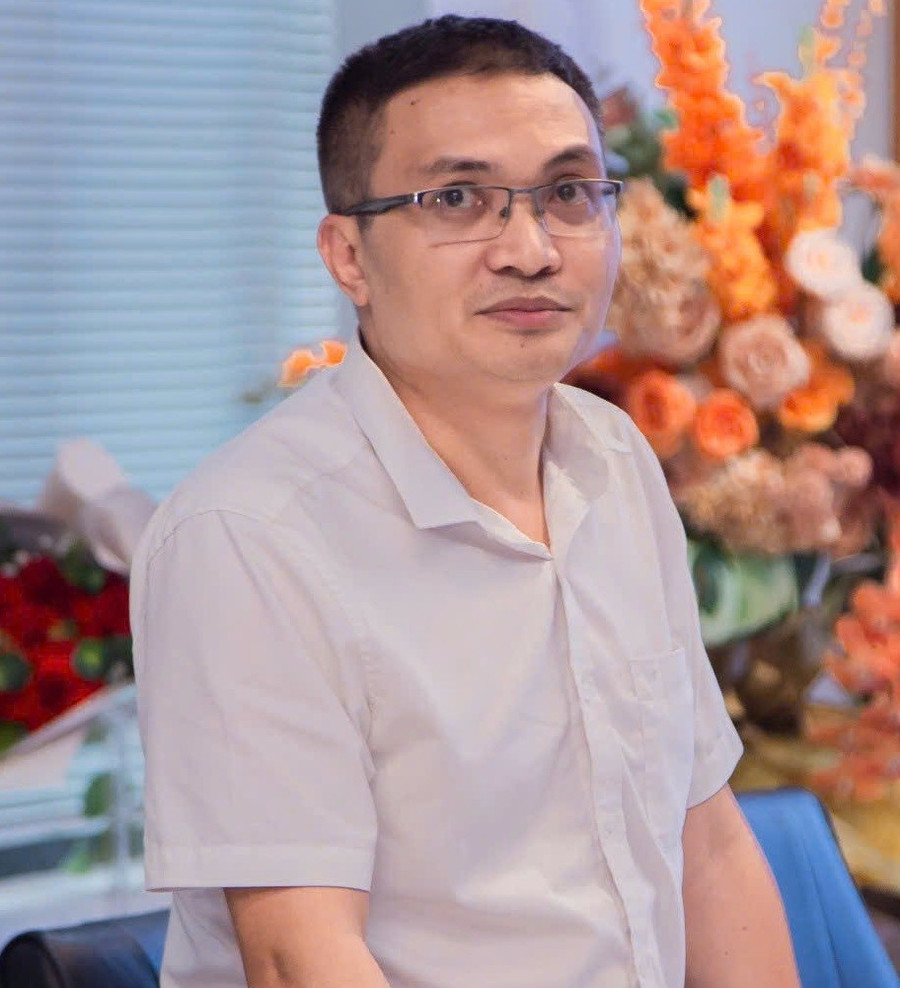
Resolution No. 71-NQ/TW of the Politburo emphasizes the need to “ensure full and comprehensive autonomy for higher education institutions and vocational education institutions regardless of the level of financial autonomy.” This provision is expected to remove major obstacles that schools are facing in the process of implementing autonomy.
In fact, in recent times, the autonomy of many schools has been “anchored” to the ability to ensure regular or investment expenses. Tuition fees are divided according to the level of financial autonomy, causing many institutions, despite their academic and organizational capacity, to still have limited decision-making power. This creates unfairness among groups of industries, especially those that are difficult to socialize such as pedagogy, basic sciences, and medicine.
When Resolution No. 71-NQ/TW affirms the principle of separation, schools will be granted autonomy in academics, personnel, organization, etc. without depending on revenue and expenditure levels, thereby creating conditions for equal development, focusing on quality instead of relying solely on financial capacity.
The opportunities are huge. Schools will be more proactive in recruiting, appointing, inviting experts, improving program and research standards. The State budget will gradually shift from "allocation" to a mechanism of ordering according to mission, quality and output results. In addition, the orientation of spending at least 3% of the budget on higher education will create more stable resources, helping to form research centers, elite universities, and enhance Vietnam's position on the international education map.
However, to fully promote this spirit, there are still many barriers. The biggest is the overlapping legal system and management mechanism, especially in the fields of finance, assets, investment, and bidding. The role of the School Council in many places is unclear, and the governance model is still confusing. The data infrastructure and accountability mechanism are not yet synchronized, limiting transparency and quality control.
In the context of amending the Law on Higher Education, it is necessary to clearly institutionalize the principle of “comprehensive autonomy independent of finance”; innovate the budget mechanism towards ordering and results; adjust tuition policy to separate from the level of financial autonomy but ensure fairness for learners; at the same time, perfect the governance model suitable for the characteristics of public and non-public. At the same time, it is necessary to increase transparency based on national databases, build a clear accountability index system for social supervision.
Resolution No. 71-NQ/TW not only “unties” schools, but also opens up opportunities for Vietnamese higher education to enter a new stage of development: True autonomy, high accountability, associated with innovation and international integration. - Dr. Pham Kim Thu
Source: https://giaoducthoidai.vn/nghi-quyet-so-71-nqtw-dong-luc-but-pha-cho-giao-duc-dai-hoc-viet-nam-post747474.html



![[Photo] General Secretary To Lam chaired the Politburo's working session with the Standing Committees of Party Committees of Central Party agencies.](https://vphoto.vietnam.vn/thumb/1200x675/vietnam/resource/IMAGE/2025/9/9/8343386e1e8f43c6a3c0543da7744901)
![[Photo] Cambodia's Techo International Airport Officially Opens](https://vphoto.vietnam.vn/thumb/1200x675/vietnam/resource/IMAGE/2025/9/9/330836bb28ad4ee4bdd512cc1a2d0849)




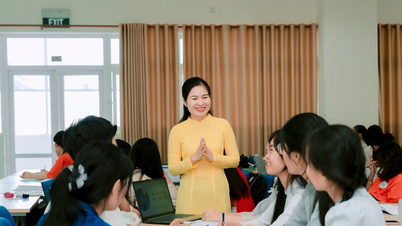



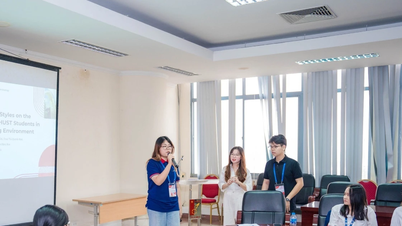

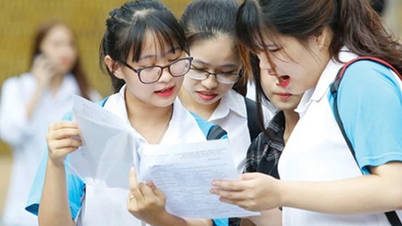




















![[Photo] Politburo works with the Standing Committees of Vinh Long and Thai Nguyen Provincial Party Committees](https://vphoto.vietnam.vn/thumb/1200x675/vietnam/resource/IMAGE/2025/9/8/4f046c454726499e830b662497ea1893)






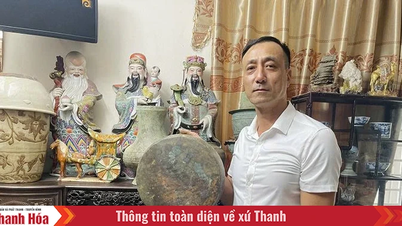























































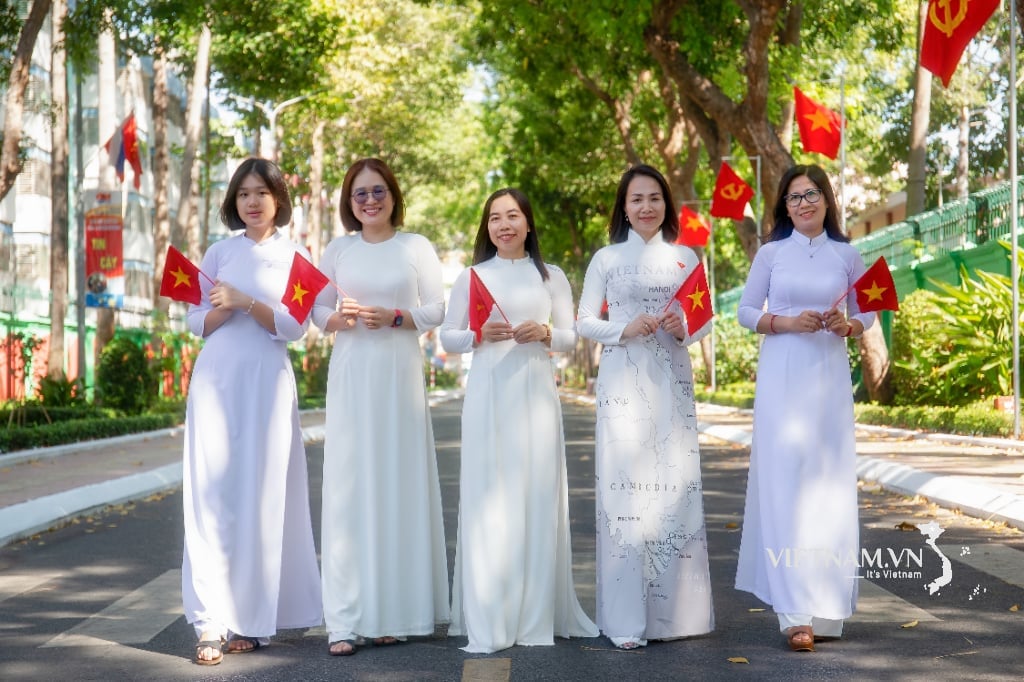


Comment (0)